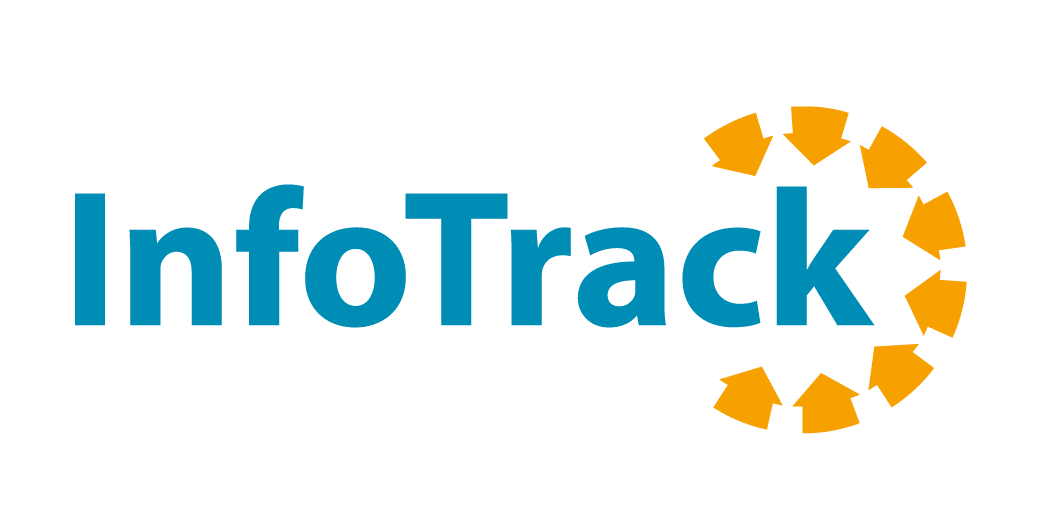
Anthony Collins: From bottlenecks to brighter outcomes
Sandy Munroe, local government property partner, talks about how InfoTrack has enabled Anthony Collins to alleviate bottlenecks and expand its opportunities.
Anthony Collins is a firm with a passion for social purpose. A Legal500 firm, they service the Midlands community across practice areas including social housing, charity, education, local government, and health and social care. As one of the UK’s leading firms operating in social housing, Anthony Collins is continually looking to improve service delivery for their clients to ensure they remain a trusted legal services provider.
Sandy Munroe is a Partner at Anthony Collins and leads the Local Government Property Development Team. With more than 30 years’ commercial property experience, she’s seen the evolution of technology in the legal sector and has been instrumental in its adoption at the firm. We caught up with Sandy to understand the impact InfoTrack has had on improving their processes and achieving the firm’s aspirations to create a better workflow and efficiencies for the whole team.
From penalties and avoidance to accurate and on time
Bottlenecks were previously a gripe for Anthony Collins’ local government and social housing development team. These bottlenecks were often a result of errors creeping into Land Registry application forms, information missing from transfers received from the Seller’s solicitors, and inconsistencies when completing SDLT forms. Swift completion of registrations, particularly for the social housing acquisitions (which often led to plot sales), was crucial.
These errors and inconsistencies would result in HM Land Registry requisitions and sometimes SDLT penalties, which in turn delayed registration completions at HM Land Registry. This had a knock-on effect for the plot sales team and meant a lot of time which could not be billed being spent trying to deal with the requisitions in a timely manner, in order to resolve the delays in the land registration process.
Much of their pain came from using an HMRC tool that did not match the printed hard copy forms and where the question and answer tools that could be used to assist in completing the forms were not in the same place as the forms themselves – in other words having to use tools that were not user-friendly.
The technology created a barrier instead of supporting their tasks, which meant that the tasks were then put to the bottom of the individual’s already busy list. Secretaries were completing the forms manually or online, retracting the information from dictations sent to them by the fee earners. Forms were then either printed and posted or submitted online as an electronic version, after being downloaded and saved and sent to the clients for sign off – it was tedious.



 DOWNLOAD THE FULL CASE STUDY HERE
DOWNLOAD THE FULL CASE STUDY HERE
